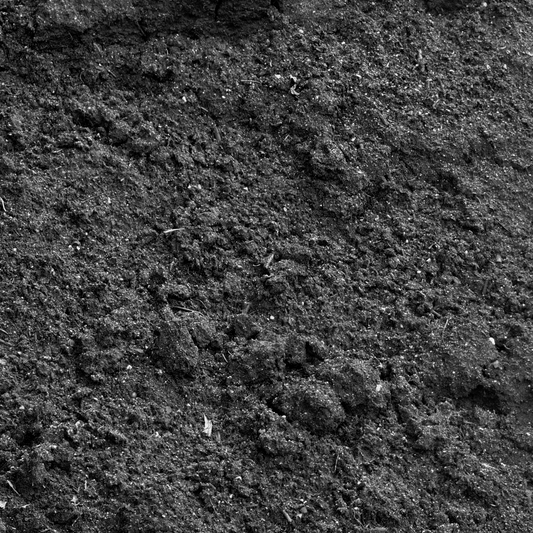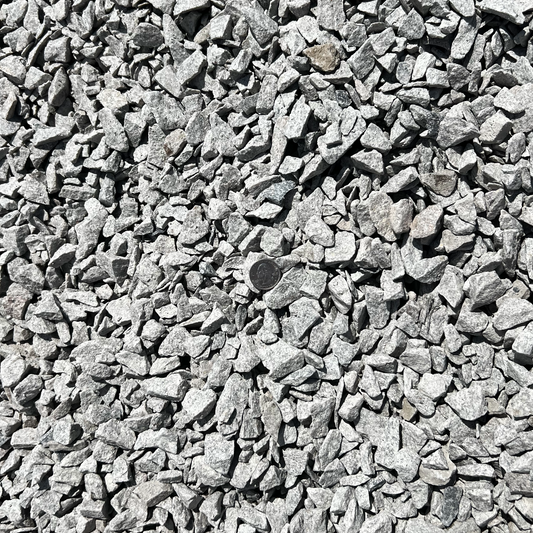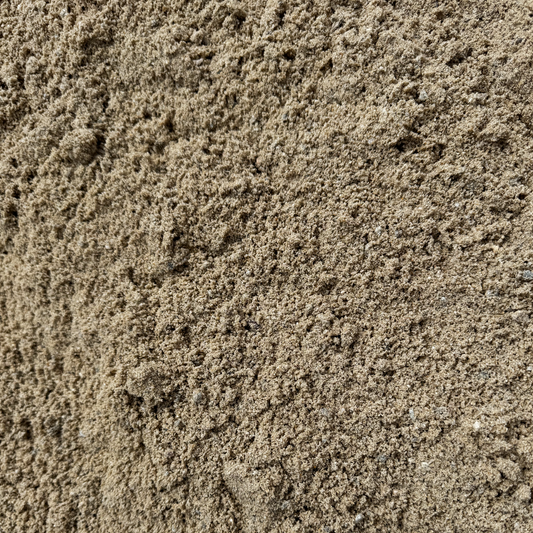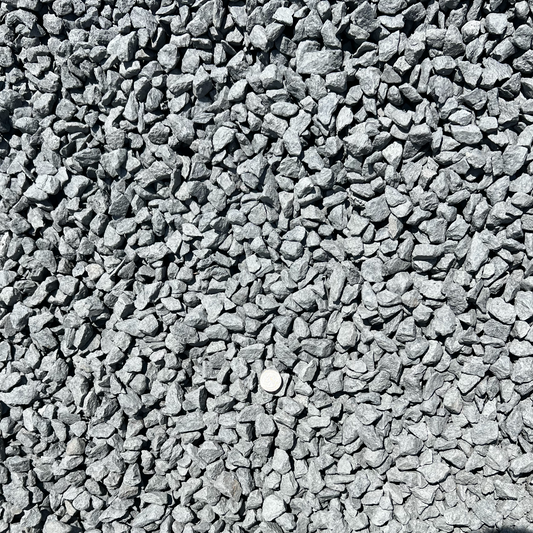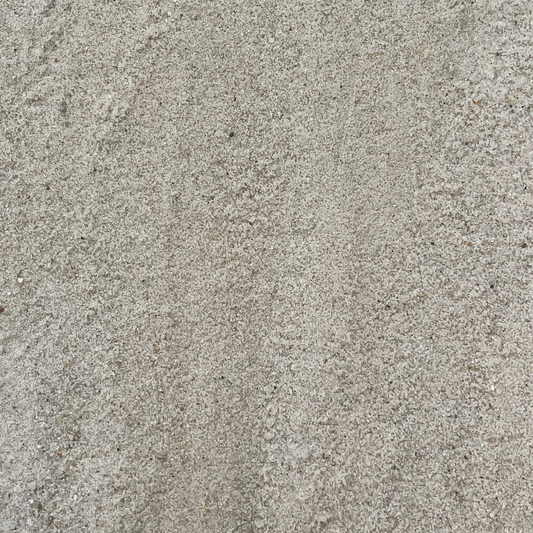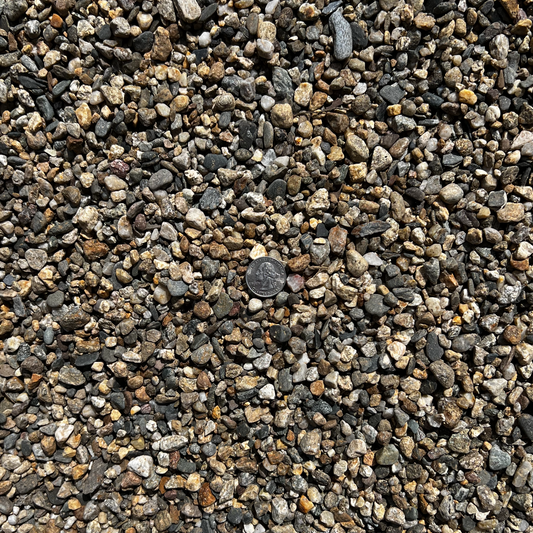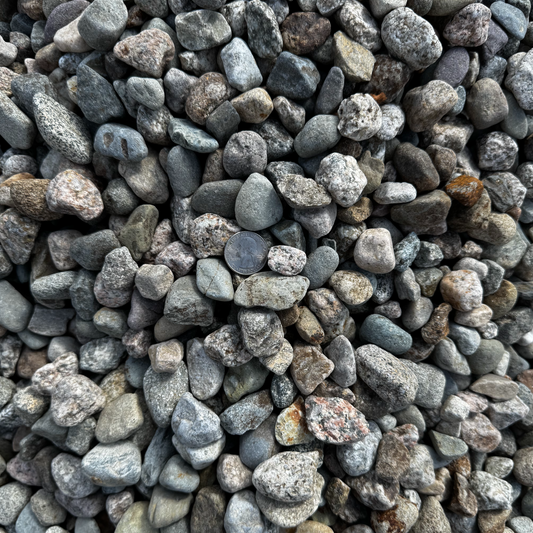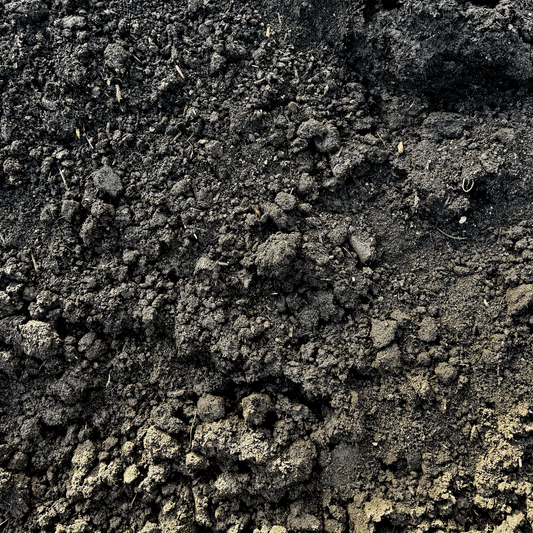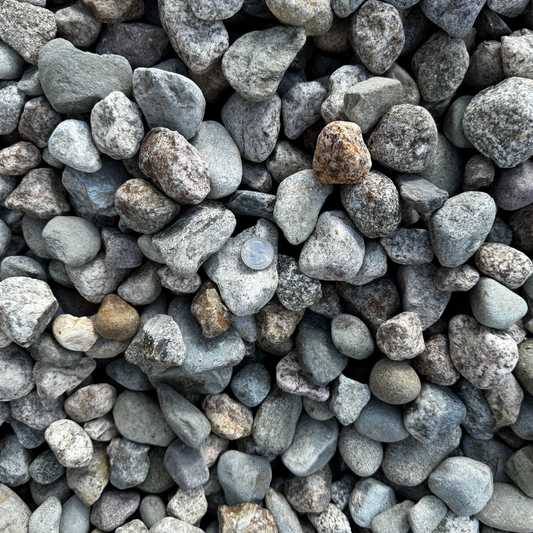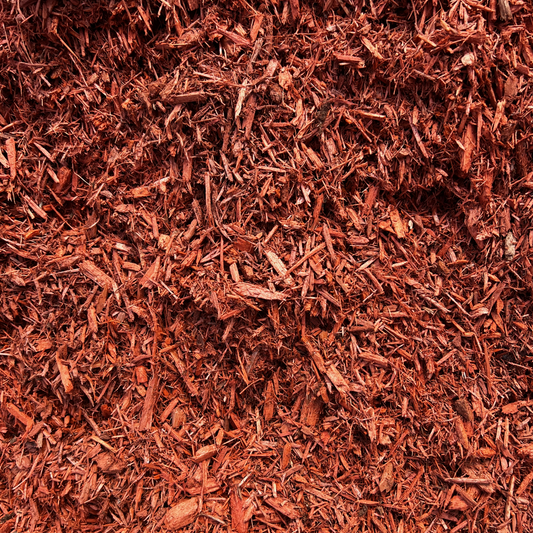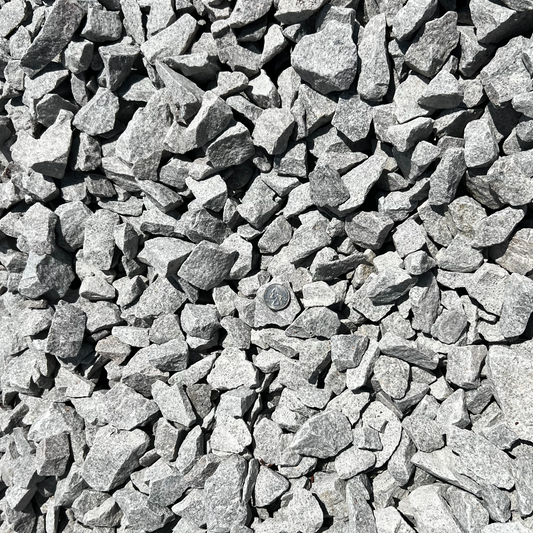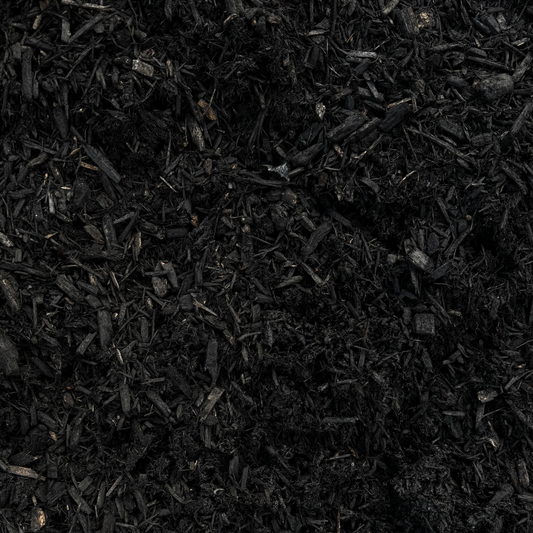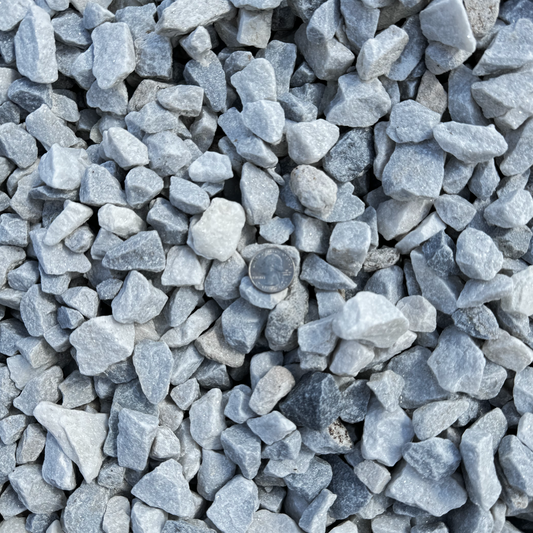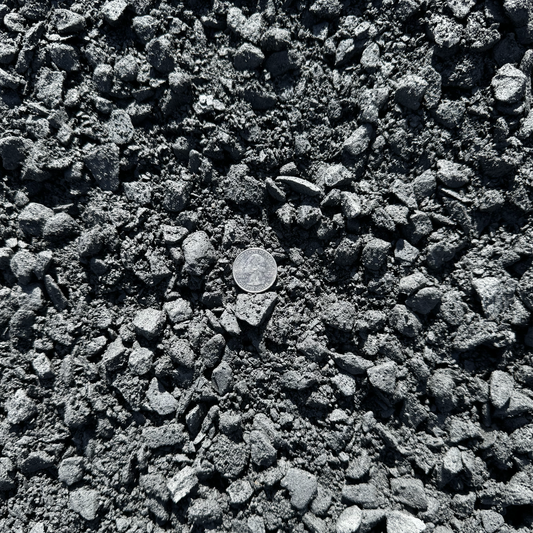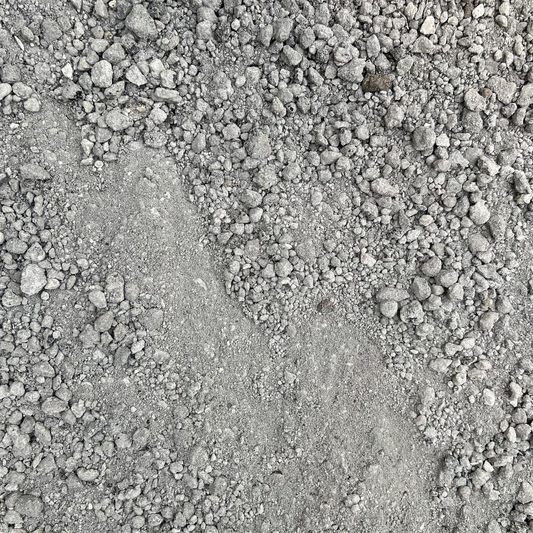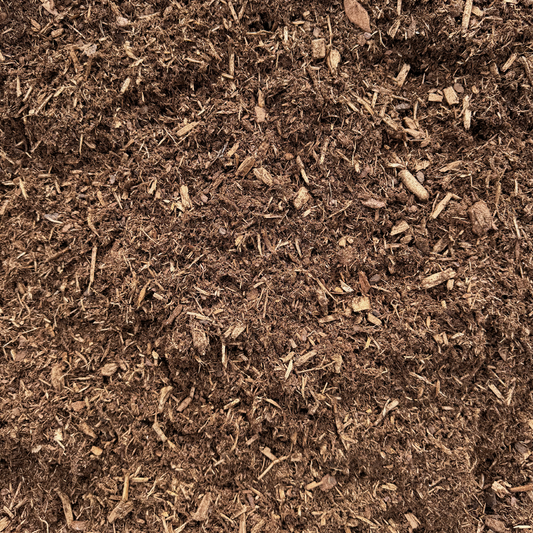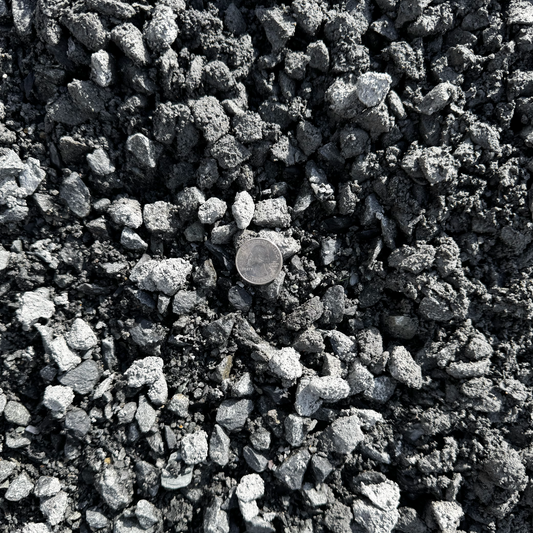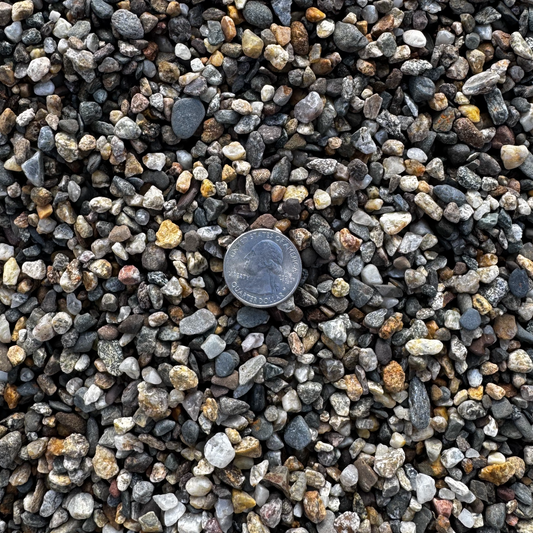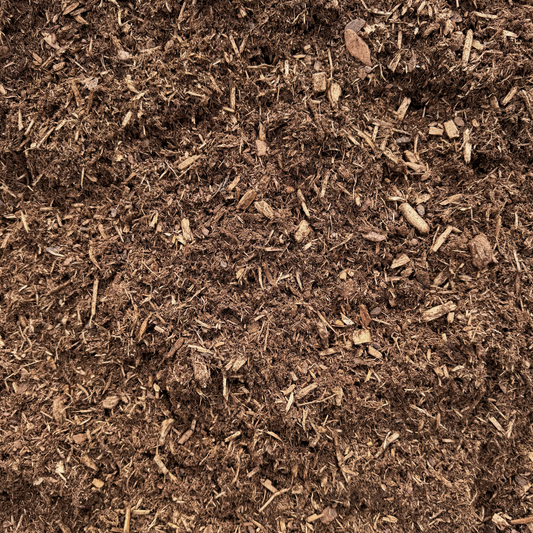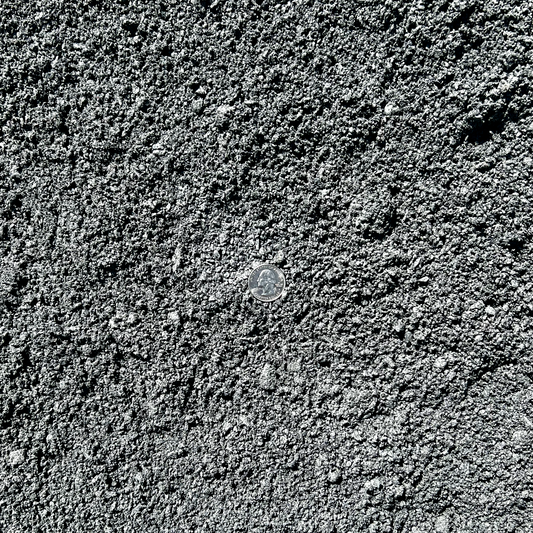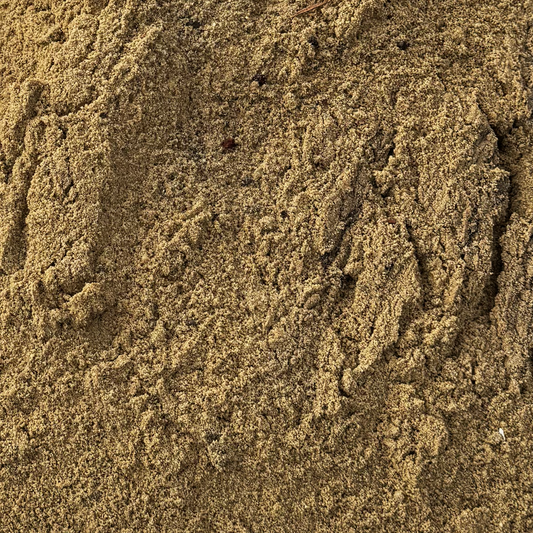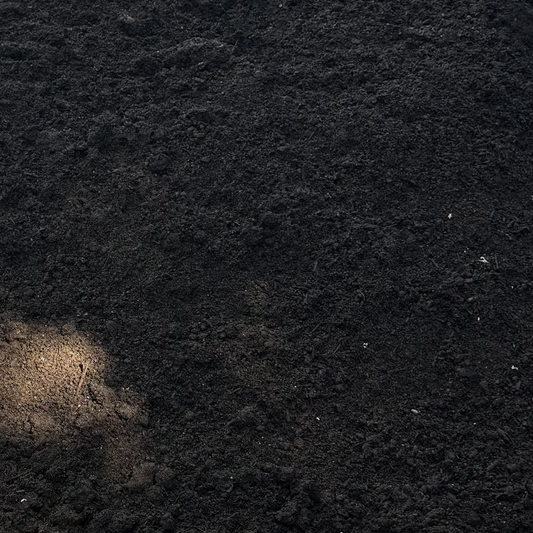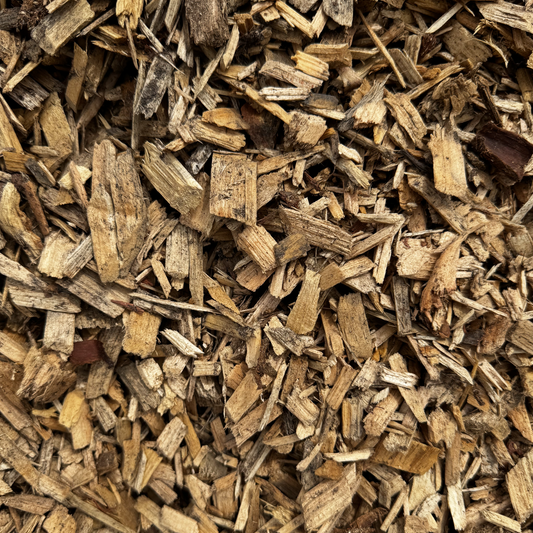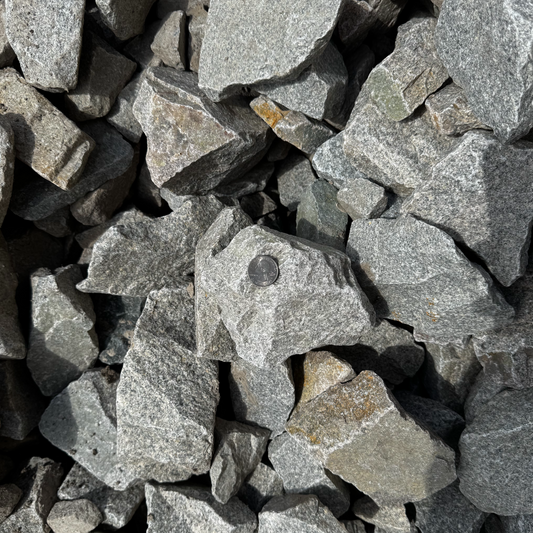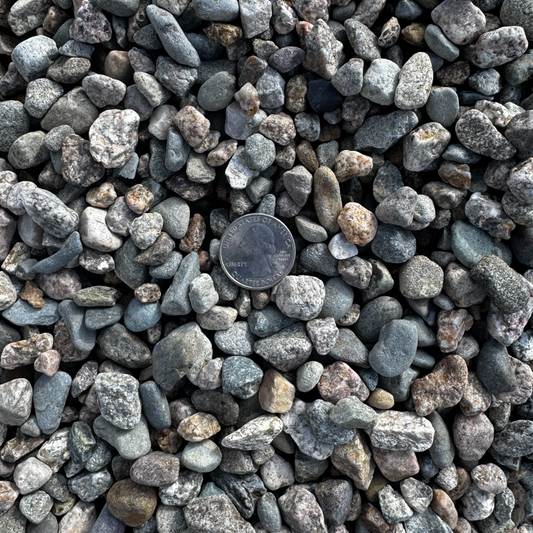Best Sand for Pavers: What You Need to Know for a Strong, Lasting Installation
If you're installing a patio, walkway, driveway, or other hardscape feature, choosing the right type of sand for each layer of your paver project is crucial. At Ottr, we help homeowners and contractors across Greater Boston get the right materials delivered fast — but first, let’s make sure you know what kind of sand you actually need.
Understanding the Layers of a Paver Installation
A successful paver project is built on a layered system that supports long-term durability, proper drainage, and resistance to shifting. Here’s a quick breakdown, from bottom to top:
1. Sub-Base (Native Soil)
This is the natural soil, clay, or sand beneath your site. It should be graded and compacted to provide a stable base for the rest of the layers.
2. Base Layer (Crushed Gravel)
After the sub-base, a 4"–6" compacted layer of crushed gravel (¾” minus or crusher run) is added. This helps distribute weight, reduce frost heave, and add structural integrity.
3. Sand Setting Layer (Paver Base Sand)
This layer is about 1" thick and helps absorb movement, level the surface, and create a bed for your pavers. The best choice here is concrete sand, thanks to its compaction properties and drainage capability.
4. Paver Surface
This is the actual paver material — whether you’re using concrete, brick, or natural stone.
5. Paver Joint Sand
After laying the pavers, you’ll sweep sand between the joints to lock them in place and prevent shifting. The best choice here is polymeric sand for added durability and weed resistance.
Why Sand Matters in Paver Projects
Using the correct sand in each layer helps:
-
Prevent paver movement and erosion
-
Promote proper drainage
-
Reduce weed growth between joints
-
Protect against frost and water damage
-
Ensure even compaction for long-term durability
Best Sand Types for Pavers
✅ Concrete Sand (Best for Paver Base)
Concrete sand is coarse and angular — perfect for creating a solid, compactable base layer. It drains well, compacts evenly, and supports the structural integrity of your pavers. It also lifts slightly into the joints during installation, helping lock pavers into place.
Key traits of good base sand:
-
Coarse texture
-
Angular particles (not round)
-
Particle size around 1/8”
Ottr delivers high-quality concrete sand by the yard — perfect for your patio or driveway project.
✅ Polymeric Sand (Best for Paver Joints)
Polymeric sand is engineered specifically for use between pavers. It contains fine sand particles mixed with binding agents that harden when moistened, locking your pavers in place and preventing weed growth or washout.
Benefits of polymeric sand:
-
Creates strong, flexible joints
-
Prevents weed growth and ant hills
-
Reduces joint washout from rain
-
Long-lasting and low-maintenance
🚫 Biggest Mistake to Avoid
Don’t lay pavers directly on dirt.
Without a proper base and sand layers, your pavers are much more likely to shift, sink, and heave with weather and time. Always start with a compacted gravel base and finish with the right sand layers for a stable, long-lasting installation.
How Much Sand Do You Need?
Use our free material calculator on any product page to estimate how much base sand and joint sand you’ll need based on your square footage and desired depth.
Where to Get Sand for Pavers in Greater Boston
Ottr makes it easy to order all your paver materials online — from concrete sand to gravel base to polymeric joint sand. Just browse our Sand & Gravel Collection, use the calculator, and pick your delivery date.
We deliver directly to:
-
Homes
-
Job sites
-
Contractors
-
DIYers who want the job done right
Order Paver Sand Online Today
Ready to get started? Ottr delivers premium concrete sand and polymeric sand by the yard. Whether you’re building a backyard patio or a new front walkway, we make it simple to get what you need — with fast, reliable delivery across Boston and beyond.


